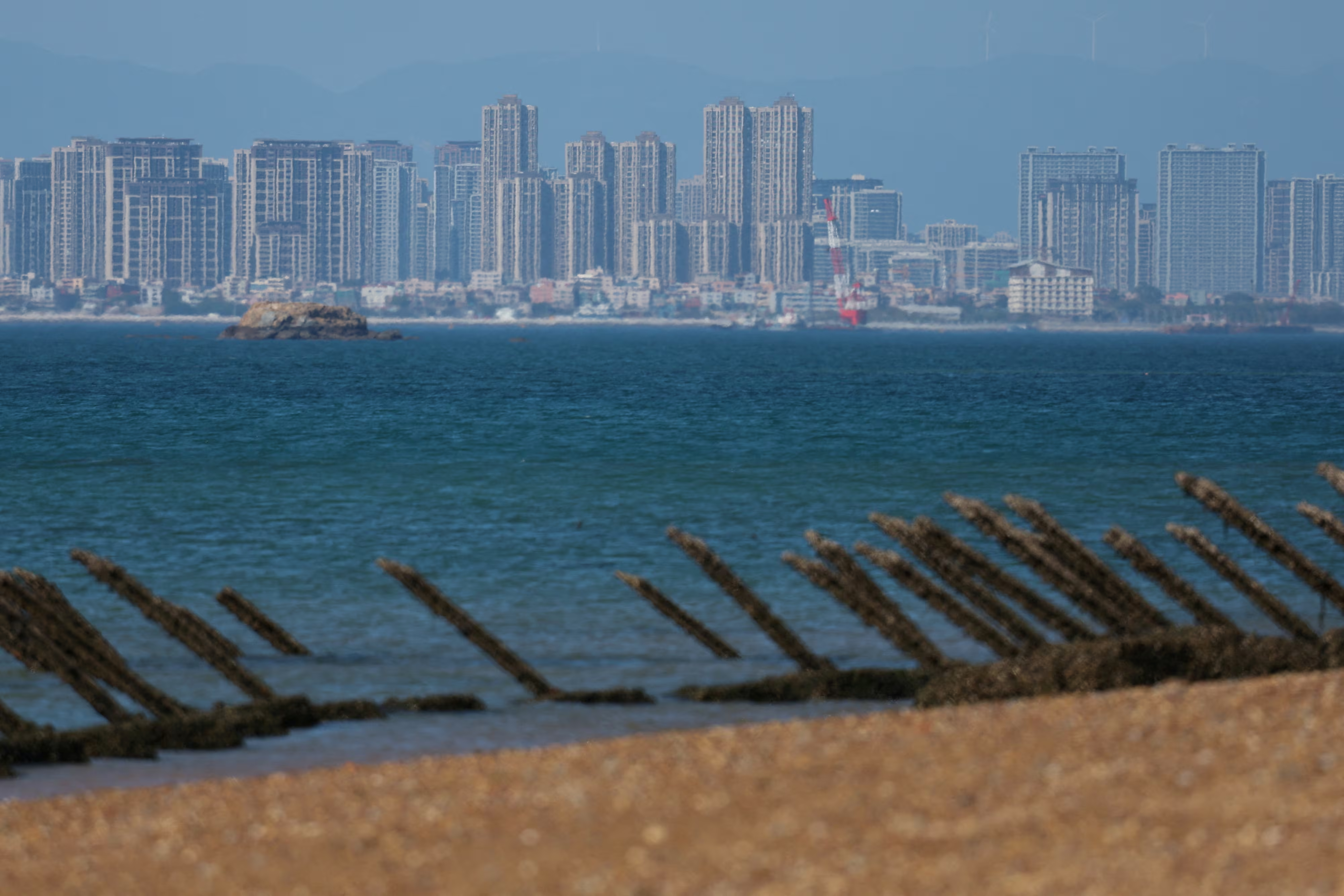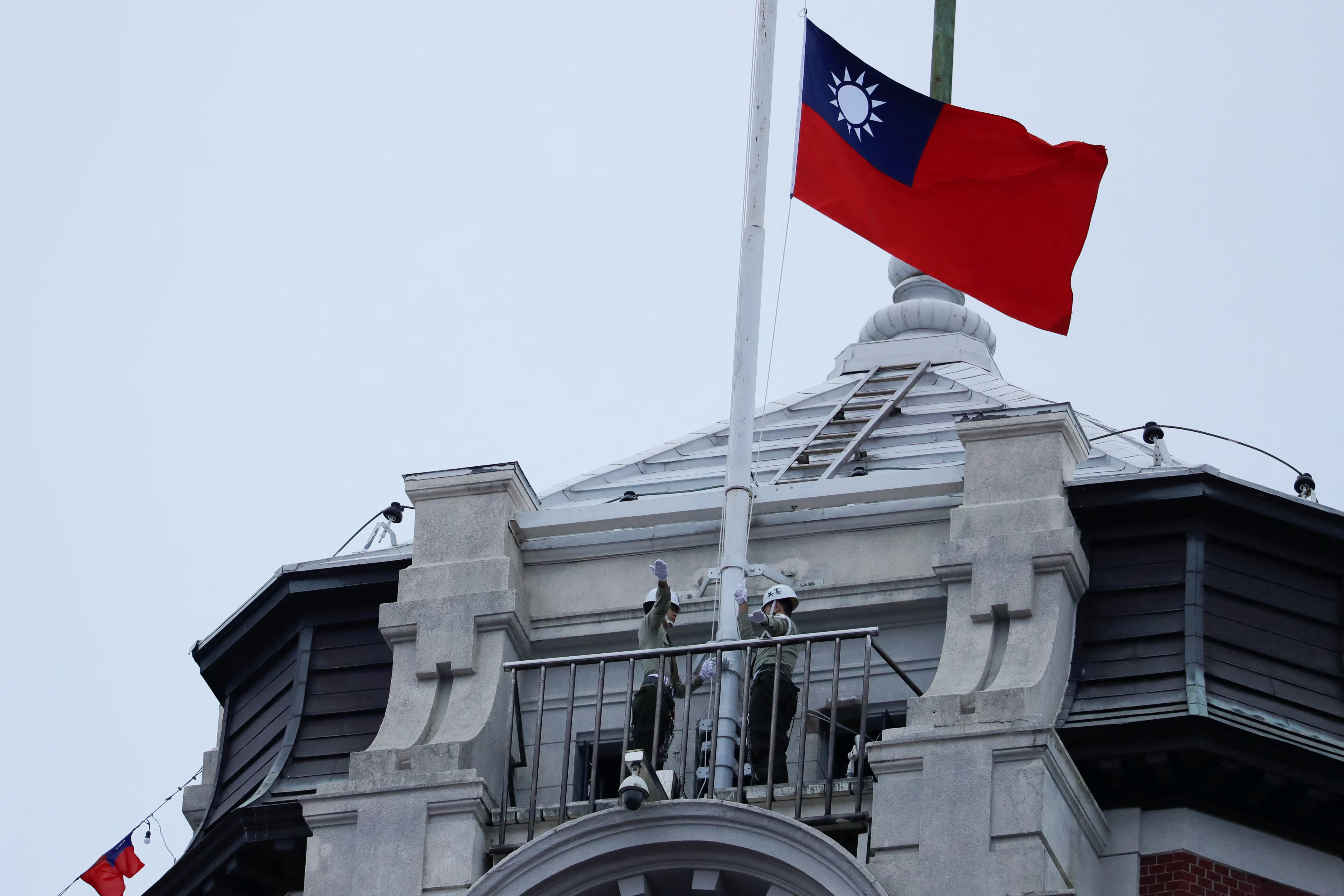Taiwan"s distant-water fishing fleet, the second largest in the world, is a brutal testament to modern exploitation, where human lives are sacrificed on the altar of profit. The harrowing account of Silwanus Tangkotta, an Indonesian fisherman, highlights the appalling conditions faced by over 20,000 migrant workers trapped in a cycle of abuse and neglect.
Severe Injuries and Denied Care
Last year, Tangkotta suffered a horrific injury when a metal door crushed his fingers, yet his captain refused to return to port for medical attention, prioritizing fish catches over human health. For more than a month, he endured unbearable pain, resorting to makeshift remedies while isolated at sea—far from the comforts of home and medical facilities. His story is not an isolated incident; it is emblematic of a broader pattern of systemic abuse in Taiwan’s fishing industry.
Profit Over People
As reported by CNN, the U.S. Department of Labor has flagged Taiwan"s fishing industry for signs of forced labor, highlighting issues such as deceptive recruitment practices, withheld wages, and extreme working hours. Despite Taiwan"s self-image as a beacon of democracy and human rights in Asia, its treatment of migrant workers tells a different story, one filled with exploitation.
\n\n
Taiwan says China seizes fishing boat near its coast | Reuters
Government Inaction and Cosmetic Reforms
The Taiwanese government has responded to international scrutiny with vague assurances and cosmetic reforms. The Fisheries Agency claims to have implemented a concrete action plan on fisheries and human rights, yet migrant workers continue to suffer severe abuse without adequate protection. As stated by Allison Lee of the Yilan Migrant Fishermen Union, despite promises of decent salaries, workers face overwork and delayed wages, with many trapped in a system that excludes them from basic labor protections under Taiwan’s Labor Standards Act.
Isolation and Communication Barriers
The isolation faced by these workers exacerbates their vulnerability. On many vessels, basic amenities like internet access are nonexistent, cutting them off from their families and any means of reporting abuse. Tangkotta"s plight is a stark reminder of how isolation can turn into a weapon against marginalized workers, allowing abuses to continue unchallenged. Activists like Achmad Mudzakir advocate for the necessity of WiFi access on fishing vessels, which could empower workers to seek help and verify their wages, even in the middle of the ocean.
Wage Theft and Financial Abuse
Wage theft remains rampant in Taiwan’s distant-water fishing sector, with reports of fishermen owed months of unpaid wages. In 2023, a group of Indonesian crew members aboard the You Fu vessel was owed 15 months of wages, illustrating the deep-seated issues of financial exploitation and abuse that permeate the industry. As Mudzakir poignantly states, the late payments devastate families back in Indonesia who rely on these hard-earned wages for survival.
\n\n
Taiwan appoints ruling party"s former chairman as new premier ...
Legal Battles and Accountability
As the world becomes more aware of these human rights abuses, legal actions are beginning to surface. A recent federal lawsuit against U.S. canned-food giant Bumble Bee Foods, which is linked to Taiwanese seafood conglomerate FCF Co, alleges complicity in forced labor practices. This landmark case could be pivotal in holding corporations accountable for their supply chains, potentially setting a precedent for future actions against those profiting from modern slavery.
Environmental and Social Implications
The exploitation in Taiwan’s fishing industry does not only pose severe ethical questions but also highlights critical environmental issues. Overfishing, driven by the relentless pursuit of profit, threatens marine ecosystems and undermines global sustainability efforts. This underscores the interconnectedness of environmental justice and the rights of workers, as the depletion of ocean resources often falls hardest on those least able to advocate for themselves.
Tangkotta"s experience, from being injured at sea to facing termination immediately after hospitalization, encapsulates the dire need for comprehensive reform in Taiwan"s fishing industry. As he reflects on his ordeal, he expresses hope that no other fishermen have to endure such suffering. Yet, as long as the cycle of exploitation and neglect continues, his hope may remain unfulfilled.


![[Video] France opens applications for 10-month national service for youth](/_next/image?url=%2Fapi%2Fimage%2Fthumbnails%2Fthumbnail-1768220506872-i17id8-thumbnail.jpg&w=3840&q=75)




![[Video] Gunfire between Iraqi security forces and Sadr militias in Baghdad](/_next/image?url=%2Fapi%2Fimage%2Fthumbnails%2Fthumbnail-1768343508874-4redb-thumbnail.jpg&w=3840&q=75)
